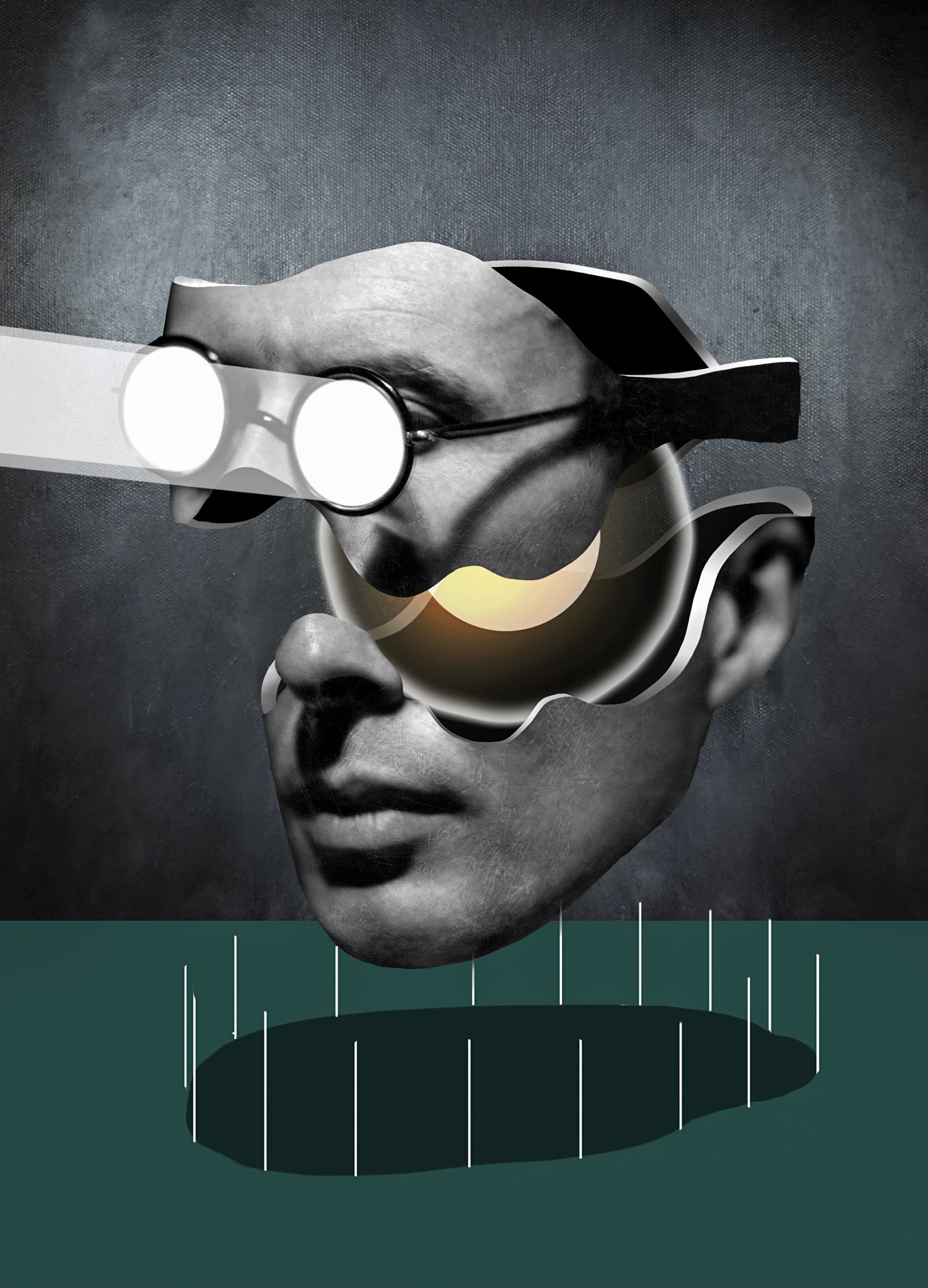
In 1967, Dr John Barker, a British psychiatrist and member of the Britain’s Society for Psychical Research, created the London Premonitions Bureau to formally allow people to record their visions. Barker came up with the idea after he investigated numerous premonitions that were reported in the town of Aberfan, South Wales prior to a disastrous accident in which tons of coal waste slid down a hillside and buried a school, killing 116 children.
Barker and the Bureau were the subject of a New Yorker article earlier this year. I was led to this article by another article in The Guardian. It should be noted that both of these publications have a history of being suspicious and dismissive of anything bearing a whiff of the paranormal or mystical realms. But these articles, and others in the past couple of years, suggest that the long-awaited paradigm is finally starting to take hold at least in the mainstream media, if not quite yet in mainstream science. Though there are also more and more scientists making breakthroughs in these realms.
From the New Yorker article:
“In the hours that he spent in Aberfan, Barker was struck by ‘several strange and pathetic incidents’ connected with the coal slip. Bereaved families spoke of dreams and portents. On the eve of the disaster, an eight-year-old boy named Paul Davies had drawn massed figures digging in the hillside under the words ‘the end.’ Davies died in the school. Barker heard the story of Eryl Mai Jones, a ten-year-old girl, ‘not given to imagination,’ who had told her mother two weeks before the collapse that she was not afraid to die. Then, according to an account written by Glannant Jones, a local minister, signed by Eryl Mai’s parents and later published by Barker:
The day before the disaster she said to her mother, “Mummy, let me tell you about my dream last night.” Her mother answered gently, “Darling, I’ve no time. Tell me again later.” The child replied, “No Mummy, you must listen. I dreamt I went to school and there was no school there. Something black had come down all over it!”
The New Yorker article noted Baker collected many remarkable stories, including: shipwrecks, floods and tornadoes that people had predicted in advance. A year after launching the bureau, two people even predicted the doctor’s own death – he died of a brain hemorrhage in August 1968. Those two predictions could be called Trickster synchronicities: You want a prediction about the future, how about this one. That’s a case of, Watch out what you wish for.
Six decades after Barker set up the bureau, mainstream science continues to tell us that those of us who have premonitions and visions suffer from cognitive biases, retroactively seeking patterns to make sense of a senseless world. Or we’re mentally deranged. Many of us reject such explanations as being based on a long-standing anti-paranormal bias among scientists. However, as those aging scientists, who are committed to the old paradigm, die off, younger ones are gradually replacing them with more open-minded perspectives.








I remember posting something about how the Jewish religion believes that we subconsciously know about 30-days before we die that it is coming. I’m not sure where I read that – but I have known people who died unexpectedly that seemed to know something was coming, and make attempts at tying up loose ends. The one that comes to mind was my daughter’s friend that wanted more than friendship in high school. He called several times after school one day, and I felt a very uneasy feeling when I heard her phone ring that day and heard his messagre on her answering machine. She wasn’t home yet when he called. At baseball practice her boyfriend heard him say he wasn’t waiting any longer – he was going to tell my daughter how he felt about her, despite her already having a boyfriend. He died that day on his way home in an automobile accident. I’m sure the phone calls earlier were about his decision to express his true feelings for her. Tying up loose ends? She later found all kinds of music he had written for her and letters that his mother found in his things. He had been struggling with his feelings for a long time it seemed. But that day had an urgency to it.
Wow, Nancy, what a fascinating story!
This is so true. Nicely done.